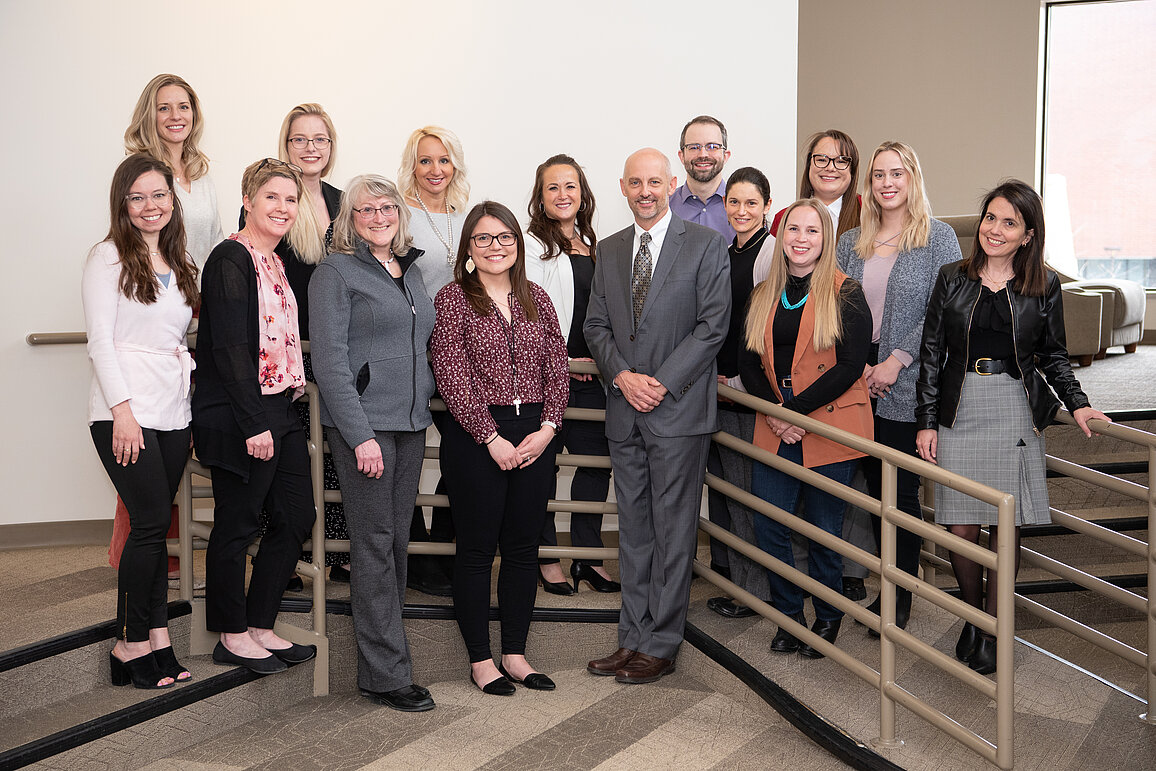
The Center for Immunization Research and Education (CIRE) works collaboratively throughout our region to increase vaccination rates because no one should suffer from a vaccine-preventable disease.
Be the first to know about events, webinars & continuing education opportunities.
![]() CIRE's Latest Webinars
CIRE's Latest Webinars
March 2024: From Elimination to Resurgence: The challenges of controlling vaccine-preventable disease in a changing world with Dr. Katelyn Jetelina, Your Local Epidemiologist
December 2023: New Products for Respiratory Syncytial Virus (RSV) Prevention with Dr. Jefferson Jones and Dr. Jennifer DeCuir from the CDC
July 2023: Vaccines Under the Microscope: How Can We Know They Are Safe? with Dr. Paul Carson, CIRE Medical Director
April 2023: Q&A with Virulent: The Vaccine War Directior & Producer
February 2023: Is polio coming back? with Dr. Paul Offit, Director of the Vaccine Education Center at the Children’s Hospital of Philadelphia


